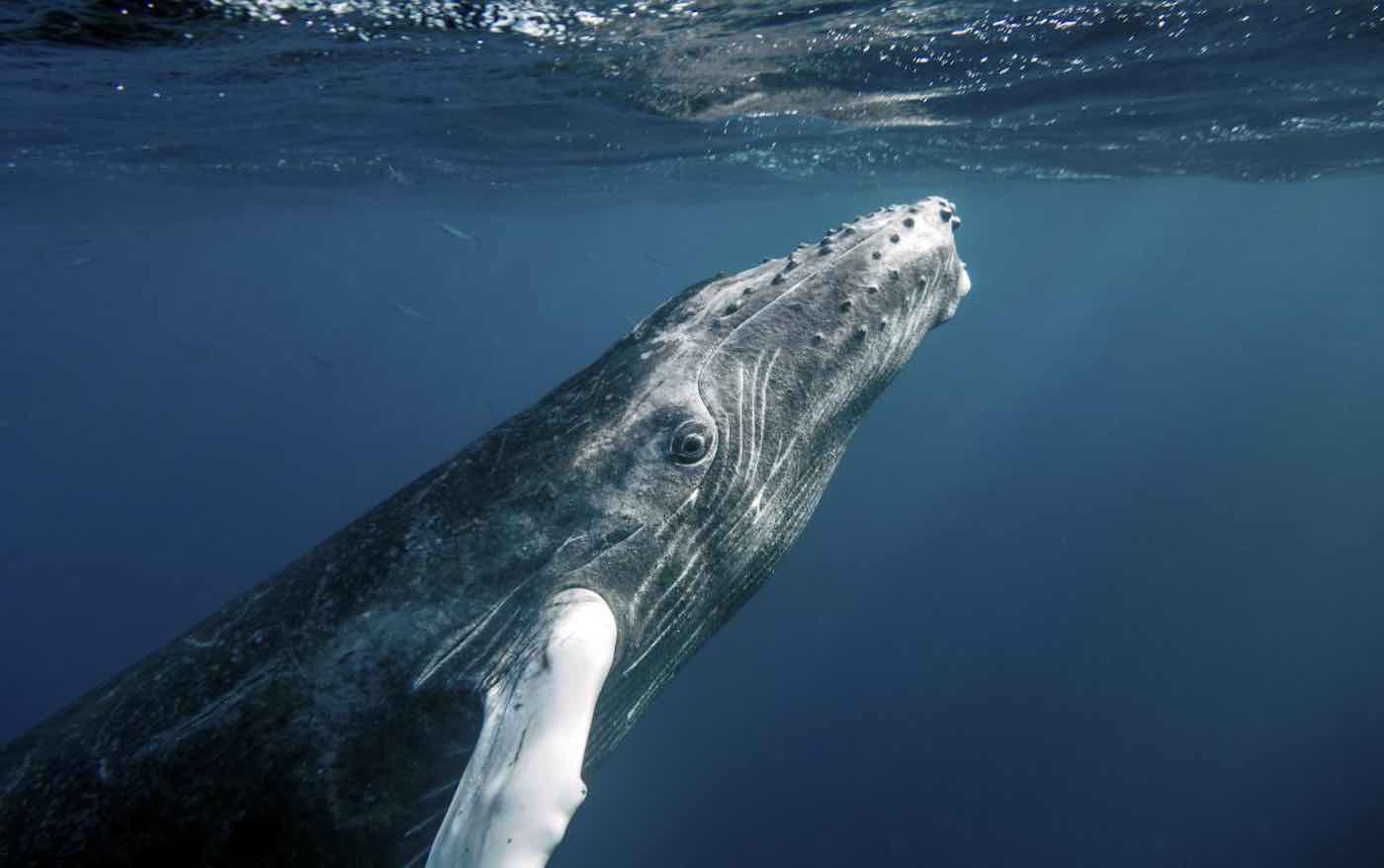A humpback whale has shattered records by traveling over 8,000 miles from the coast of South America to Africa, marking the longest known journey for an individual whale. This extraordinary feat was documented in research published in Royal Society Open Science.
Initially spotted near Colombia nearly a decade ago, the same male whale was identified near Zanzibar, Africa. Whale biologist Ted Cheeseman, a co-author of the study, called the distance traveled “unusual” as it nearly doubles the typical migration range for humpbacks.
Cheeseman speculated about the whale’s reception upon arrival, humorously wondering, “When he showed up, was it like, ‘Oooh, sexy foreigner with a cool accent’?”
The discovery was made possible through Happywhale, a platform Cheeseman co-founded. This innovative system uses a modified form of facial recognition to identify whales by the unique patterns on their tails, known as flukeprints.
Cheeseman likened these markings to “a five-meter banner of their ID,” noting that no two whales have identical fluke patterns.
Dr. Vanessa Pirotta, a whale expert not involved in the study, described the research as a prime example of how citizen science and technology are advancing whale Conservation.
Her own work highlights how whales often defy expectations, such as Migaloo, an all-white humpback known to take unpredictable routes.
Pirotta also noted that evolving technology may be revealing previously unknown behaviors or reflecting changes in the environment driven by Climate change.
“We are learning way more because we have the tools in place,” she added, emphasizing how global connections now enable deeper insights into whale movements than ever before.
This article by Trinity Sparke was first published by One Green Planet on 13 December 2024. Image Credit :Jonas Gruhlke/Shutterstock.
What you can do
Help to save wildlife by donating as little as $1 – It only takes a minute.







Leave a Reply